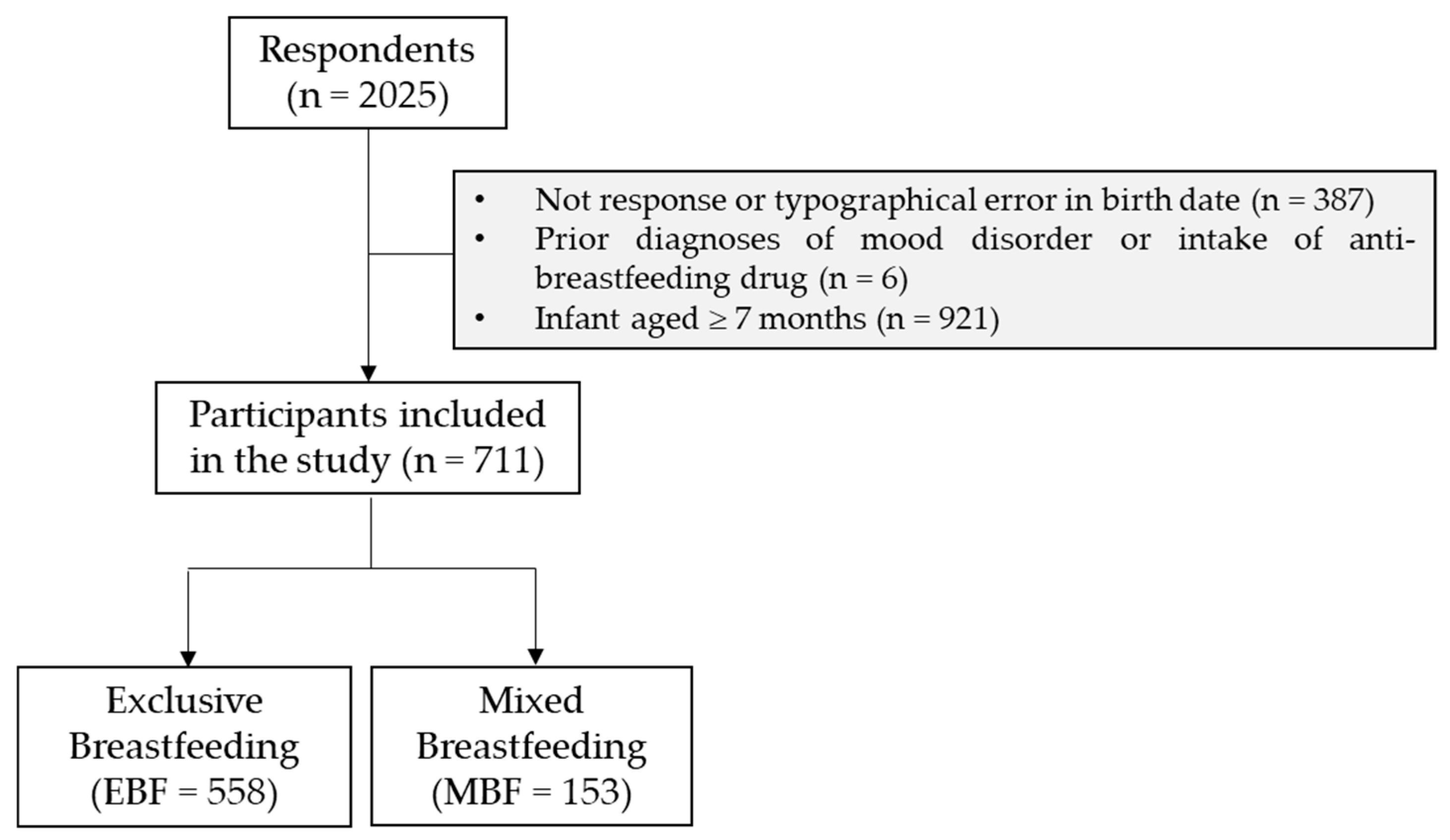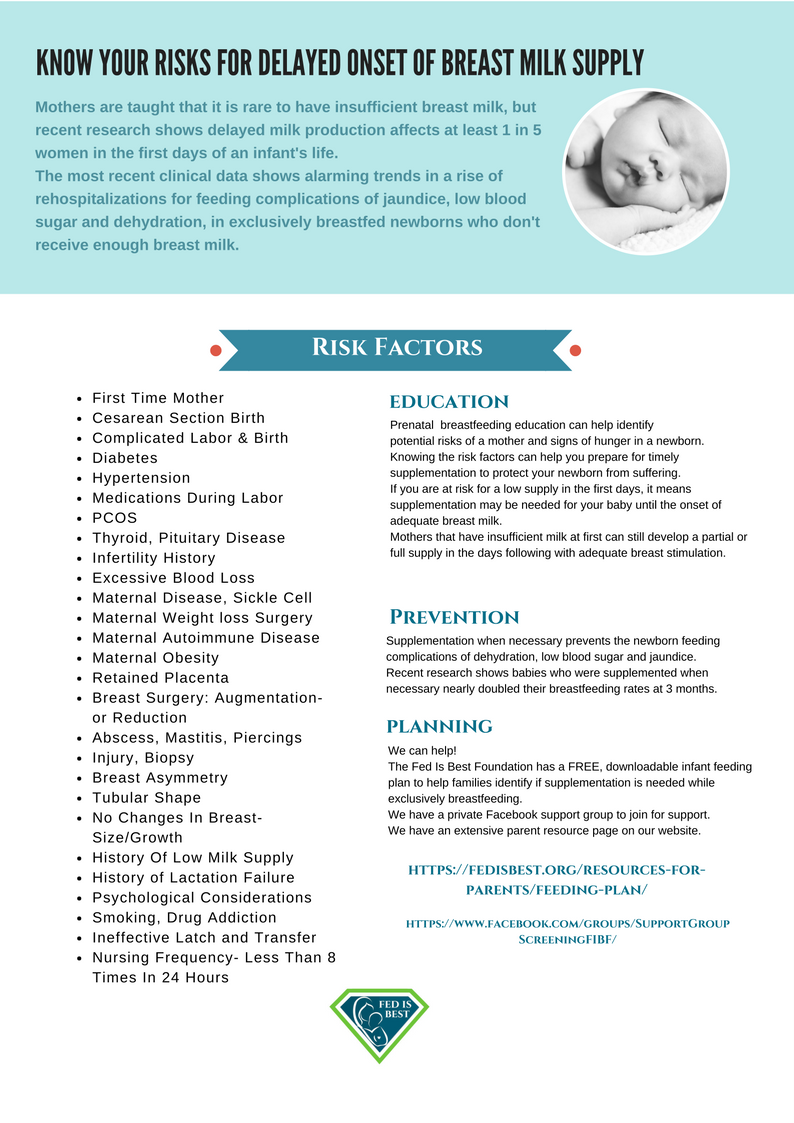Breastfeeding Failure Depression
There is recent evidence that suggests women with difficulty breastfeeding may be at risk for postpartum depression. Breastfeeding problems should be addressed quickly however as pain and difficulty can add to feelings of depression.

Breastfeeding And Postpartum Depression What Is The Connection
Sore nipples Insufficient glandular tissue IGT mastitis anemia and several other serious illnesses can create breastfeeding complications.

Breastfeeding failure depression. I struggled with depression and self-hatred because of what was and wasnt coming out of my breasts. It is important not to fall into breastfeeding failure depression because of other peoples comments. According to a 2018 systematic review by the Agency for Healthcare Research and Quality AHRQ external icon Elucidating the relationship between breastfeeding and postpartum depression is challenging because women with depression may have difficulty initiating and sustaining breastfeeding and women who experience breastfeeding difficulties may develop depression p.
Depression is a direct threat to breastfeeding. The Priory Group is calling for greater understanding and support for new mums who experience difficulties. A study published in the Journal of Maternal and Child Health4 supports the Priorys findings about a link between depression and breast feeding struggles reporting that those who planned to breastfeed but had not managed to were 25 times more likely to develop postnatal depression compared to those who hadnt planned on breastfeeding.
And that according to this breastfeeding failure is a beautiful thought. The findings reported in the journal. There seems to be a significant connection between breastfeeding and postpartum depression.
Depression is a major risk factor for stopping breastfeeding. However postpartum depression was far more likely in those women who stopped because they were having problems eg pain breast infection low milk production problems with baby latching or sucking than in those women who stopped breastfeeding for other reasons. Breastfeeding Failure and Postpartum Depression I suppose this incredibly long post is just an effort to share my breastfeeding or lack thereof story and possibly find support among like-minded women who may have experienced something similar.
Postpartum Depression Anxiety and Breastfeeding. Breastfeeding difficulties sometimes cause new mothers to feel like failures and this can cause stress and the emergence of mental health symptoms like anxiety or depression. And a strong support system is crucial to minimize that risk.
Other nonsystematic and systematic reviews have also explored specific maternal risks when mothers PPD is untreated including more weight problems 1819 alcohol and illicit drug use 20 social relationship problems 21 breastfeeding problems 22 or persistent depression 23 compared with women who have. We found that there is an association between the risk of depression and the attitude towards breastfeeding. Dennis and McQueen 36 suggested that the factors underlying the relationship between breastfeeding duration and postpartum depression are multifactorial.
These mental health symptoms can impact breastfeeding leading to a vicious cycle. There are several treatments for depression that are compatible with breastfeeding including prescription antidepressants. Our study shows that it also benefits the mental health of mothers.
According to more than 1000 parents surveyed in the UK 80 of parents felt that difficulties with breastfeeding contributed to symptoms of depression in new mums. The relentless cheerleading of breastfeeding leaves no room to talk about how hard it is that things can go wrong it assumes women dont have to get back to 40 hourweek jobs and that they have other family who can help care for the baby while she heals and gets herself together. Practical and non-judgemental support for their mental health needs and for successful breastfeeding from healthcare professionals family and friends are needed.
Higher rates of postpartum depression. A new study of over 10000 mothers has shown that women who breastfed their babies were at significantly lower risk of postnatal depression than those who did not. Majority of parents believe breastfeeding problems can fuel depression.
Breastfeeding problems can cause depression. Most women with postnatal depression expressed strong intentions to breastfeed although some perceived failure to breastfeed triggered their mental health problems. Breastfeeding difficulties and lack of breastfeeding confidence are reported as common concerns for mothers with postpartum depressive symptoms 98.
Breastfeeding has well-established benefits to babies. Other studies show that breastfeeding can actually improve a mothers mood due to the increase in oxytocin that occurs during the milk letting down. NEW YORK Reuters Health - New moms who have particular difficulty breastfeeding may be at greater risk of postpartum depression a new study suggests.
Data in a general way demonstrate that breastfeeding failure is unequivocally associated with the presence of depression during pregnancy and postpartum. Pain of breastfeeding and depression Breastfeeding experience rather than breastfeeding duration is predictive of depressive symptoms in the postpartum period. Mothers with a high risk of depression were less likely to have a positive attitude towards breastfeeding OR 037 95 CI 0199 0675 as compared to mothers with a low risk of depression p 001.
Their struggles include latching problems not producing enough breast milk or an overall aversion to breastfeeding in general. Some recent prospective studies clarify that depression during pregnancy is a risk factor for unsuccessful breastfeeding and that breastfeeding is a protective factor for postpartum depression. More breastfeeding problems at 3 months following forceps-assisted and unplanned cesarean births.
Some breastfeeding moms may be more at risk for depression such as those who have a previous history or are under extreme stress. While there is no direct link between breastfeeding and depression it is extremely important to be aware your moods and mental health especially after giving birth. The cessation of breastfeeding was associated with risk for subsequent depression.
Breastfeeding should be straightforward so they had failed when it wasnt mothers who stop breastfeeding due to. Many women who have been diagnosed with postpartum depression also report trouble breastfeeding. Breastfeeding protects maternal mood.

Breastfeeding Common Questions And Answers American Family Physician

Developing Depression After Weaning From Breastfeeding Postpartum Progress

Ijerph Free Full Text Association Between Maternal Postpartum Depression Stress Optimism And Breastfeeding Pattern In The First Six Months Html

Breastfeeding Common Questions And Answers American Family Physician

Know Your Risks For Delayed Onset Of Full Breast Milk Supply Fed Is Best
Posting Komentar untuk "Breastfeeding Failure Depression"